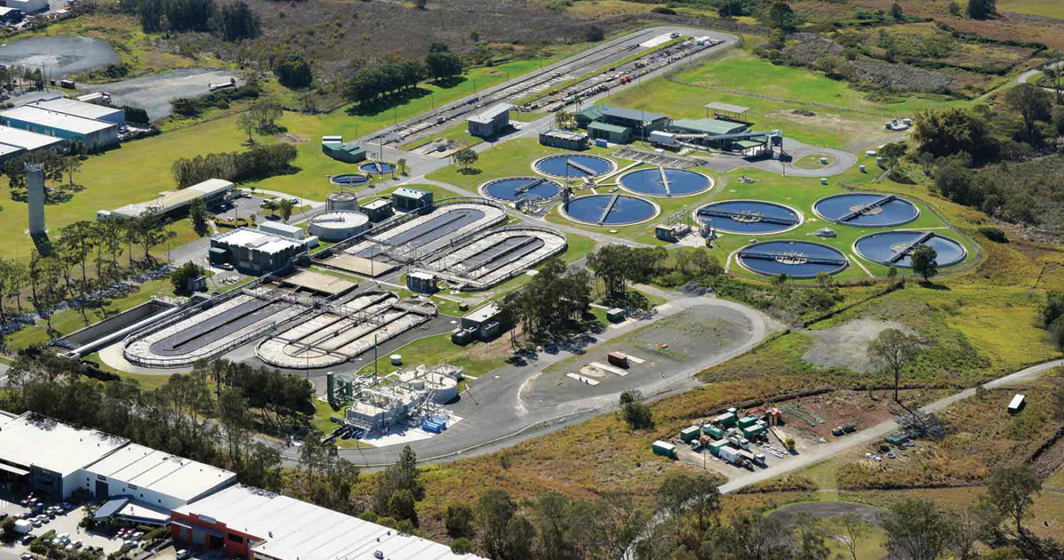On behalf of the Australian Government, the Australian Renewable Energy Agency (ARENA) has announced $6.2 million in funding to Logan City Council (LCC) to develop the Loganholme Wastewater Treatment Plant Gasification Facility in Queensland.
Once complete, the $17.28 million project will be the first time gasification has been incorporated into a wastewater treatment plant in Australia. The facility will help to reduce the volume of sewage sludge (known as biosolids) waste disposal at Logan’s largest sewage treatment plant by about 90 per cent.

LCC’s largest wastewater treatment plant at Loganholme serves 300,000 people and produces approximately 34,000 tonnes of biosolids each year. Biosolids are currently dewatered via an energy-intensive mechanical drying and treatment process before being transferred for land application.
A gasifier works by creating gaseous fuel from the biosolids which have been dewatered, dried and treated at high temperatures. The material produced is a biochar containing carbon, phosphorus and potassium that could be used as an environmentally friendly soil conditioner. LCC intends to market this biochar once the facility becomes operational.
The gasifier used for the process would reduce the amount of greenhouse gas emissions emitted by the plant. Gas produced during the process will be utilised within the system as part of the biosolid drying process. An onsite solar power system will also help to support the facility to be almost entirely renewable and energy neutral.
ARENA CEO Darren Miller said the project will offer significant opportunities to be replicated by other councils.
“Logan City Council’s demonstration project is expected to deliver a commercial business case for the gasification of biosolids for similarly sized wastewater treatment plants across Australia. The key knowledge learned from this installation will be significant given the first-of-kind deployment.
“This innovative process will reduce energy costs, emissions and significantly reduce the volume of waste from the sewage treatment process,” he said.
Acting Road and Water Infrastructure Director, Daryl Ross said Logan City Council was committed to finding a more viable and sustainable management solution that also lessened the environmental impact.
“At present, six truckloads of biosolids are taken 300 kilometres to Darling Downs for land application each day. That costs $1.8 million annually and accounts for 30 per cent of the operating costs of the plant,” he said.
Trials to prove concept will be completed in February 2020 and construction is set to begin July 2020.
Share this Article






